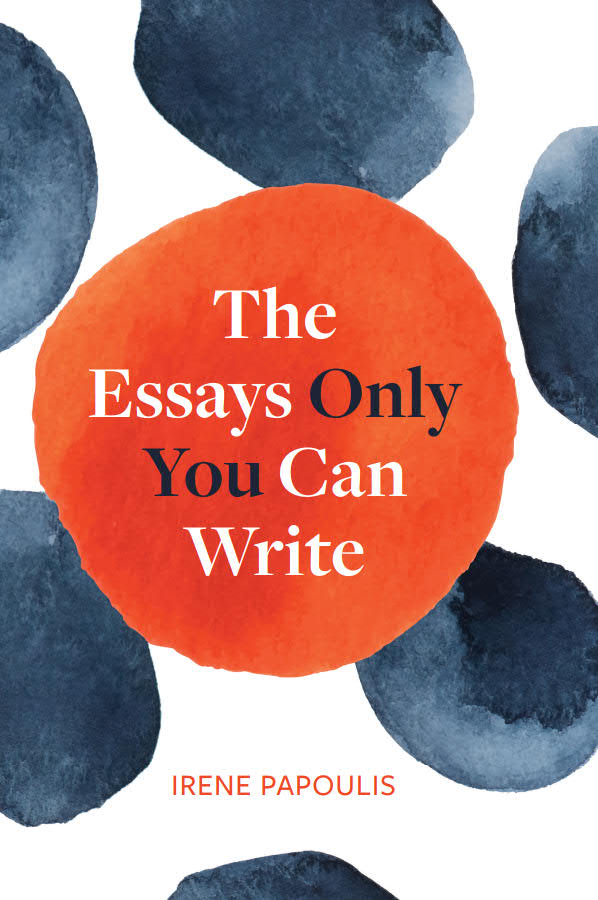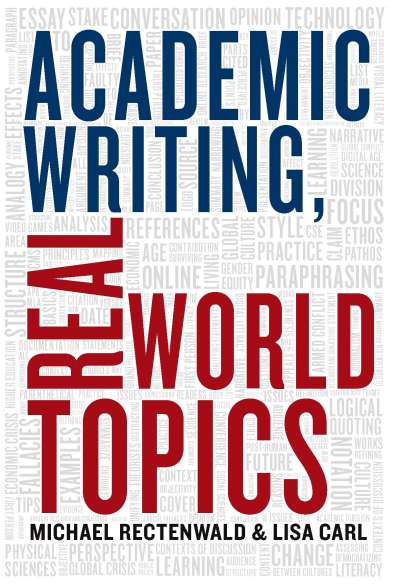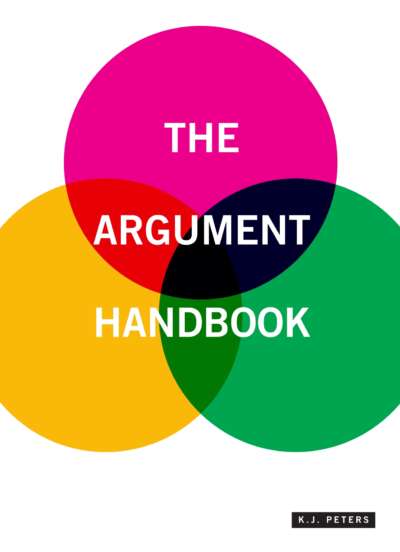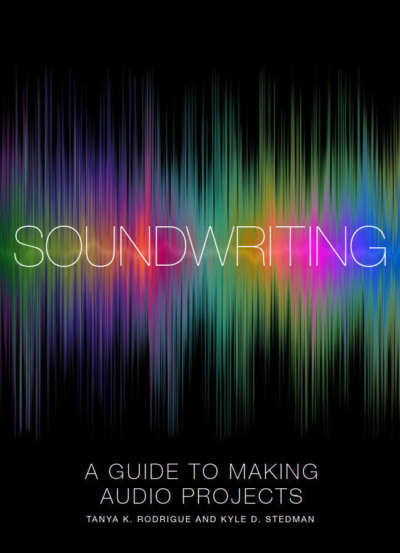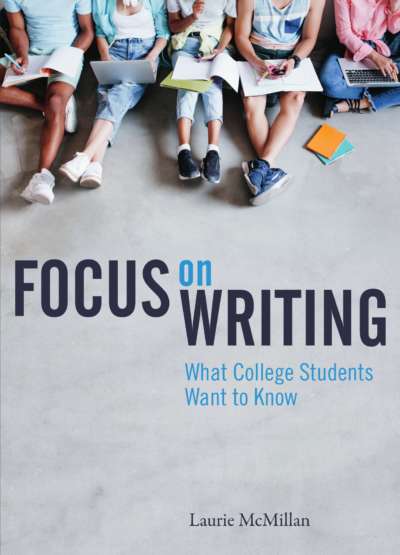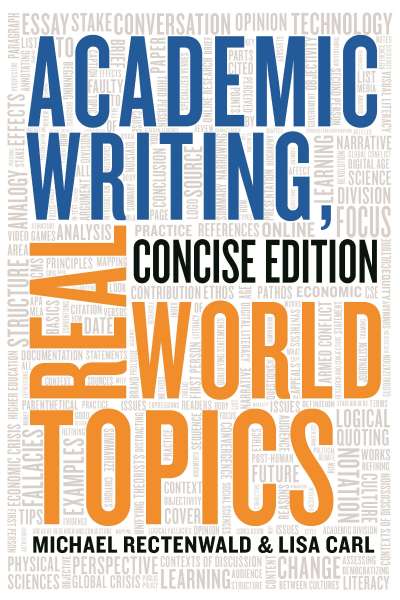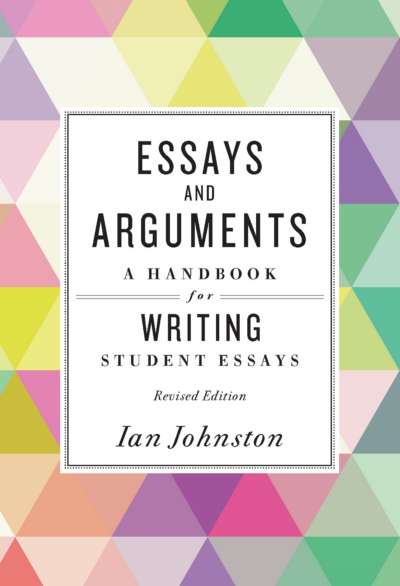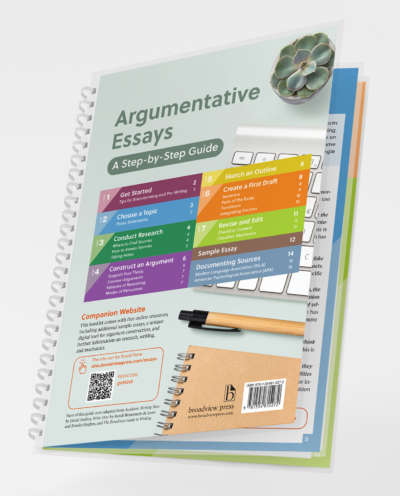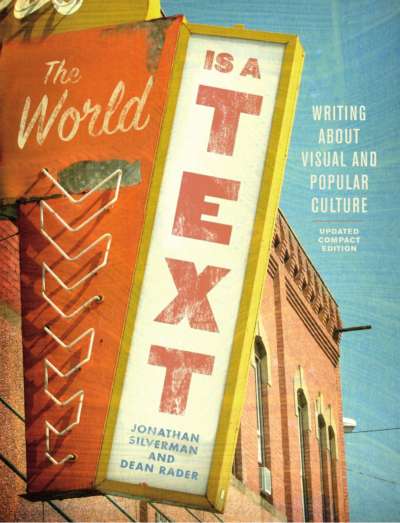The Essays Only You Can Write offers a perspective on essay writing that spotlights a writer’s uniqueness. Resisting the perception that personal and academic writing are at odds with one another, it treats the impulse to write “personally” as potential fuel for a variety of writing purposes.
The book encourages students to think like academics—pursuing their enthusiasms, trusting their ideas, and questioning their conclusions—by leading them through three main writing assignments: a personal essay, an essay based on texts, and a research essay. Each chapter offers exercises and strategies for various stages in the pre-writing, drafting, and revision processes. Freewriting; extensive attention to planning; devising a structure and order of ideas that both promote and reflect engagement with a topic; developing rhetorical awareness and knowledge of conventions; and an advocacy for expressive, socially-responsible writing—all are central elements of the text’s instruction.
By acknowledging the emotions inherent in the writing process, many of which can muddle thinking—I don’t want anyone to see this; what if I make mistakes?; what if the writing isn’t good?; I don’t want to be critiqued; etc.—Papoulis helps beginning college writers to navigate the psychological as well as the technical roadblocks that can get in the way of their best personal and academic writing.
Instructor Resources covering all aspects of the book are included on a passcoded webpage.
Comments
“The Essays Only You Can Write offers a large dose of relief and new hope to instructors of first-year writing courses. Every chapter of the book focuses on the value of each student’s own thinking and each student’s own experiences and language resources (rather than anything possibly producible by AI) as the essential elements for meeting every kind of writing challenge posed by the undergraduate classroom. The text will allow first-year composition classes to return to their ideal function of ushering students into a college community, where they can begin to discover themselves as legitimate members who are both learners and contributors to the enterprise of learning.” — Sheridan Blau, Professor of Practice in the Teaching of English, Teachers College, Columbia University
“It is no secret that many students dread writing—it often feels disconnected from their interests and areas of study. The Essays Only You Can Write presents students with a vital guide to essay writing that foregrounds the important fact that ‘essays of all sorts are an invaluable form of expression.’ This is a text that welcomes readers into a community of writers by sharing a wealth of innovative tips and imaginative strategies while also presenting the writing process as an importantly personal domain. Irene Papoulis has written so much more than a book; The Essays Only You Can Write guides students through the various stages and myriad forms of essaying, and the voices one might don while doing so.” — erica j. kaufman, Director, Bard College Institute for Writing & Thinking
“If you’re anxious about AI technologies and instead want to steer students toward more mindful, analog explorations of themselves and their worlds, this book will be your thoughtful guide. Papoulis champions the personal and research essay genres, and she offers wise and humane coaching for all stages of the writing process. By modeling a ‘Journal of Noticings,’ a ‘Journal of Questions,’ and strategies for mindfulness, Papoulis integrates fresh ideas with time-tested approaches to personal and research essay writing.” — Tom Deans, University of Connecticut

